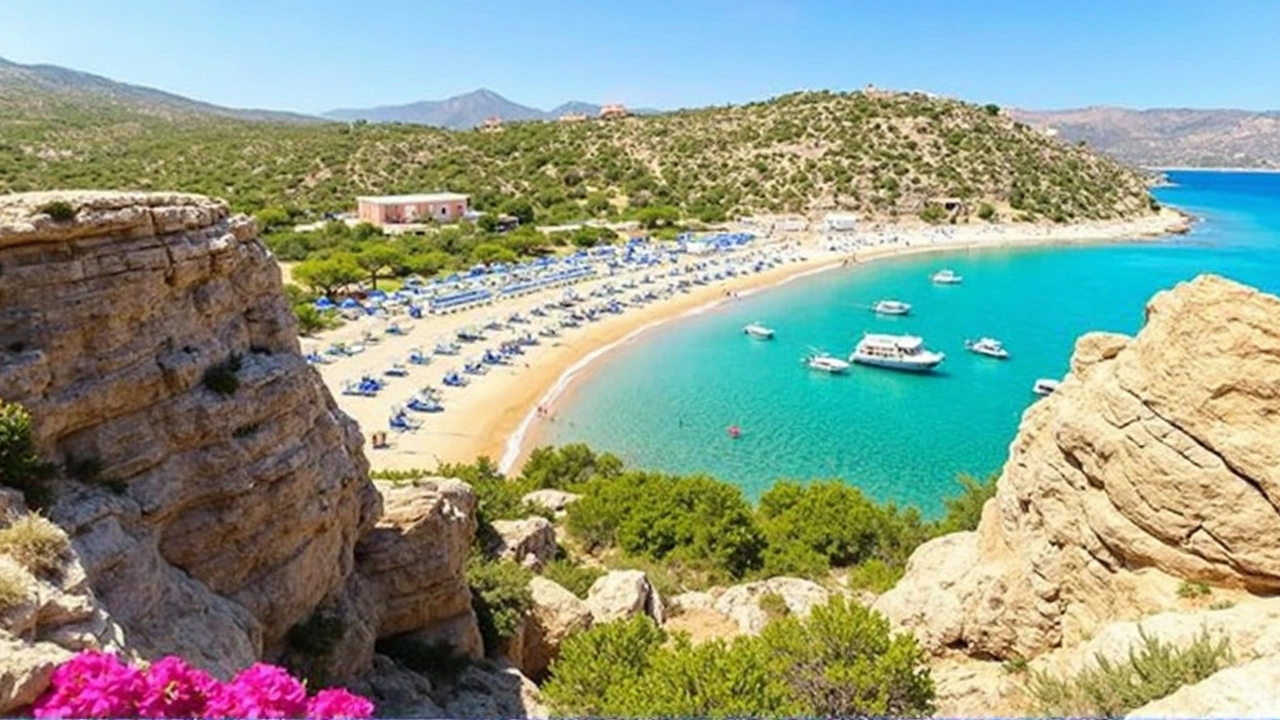Cretans Wake to Earthquake and Tsunami Warning
Early morning calm in Crete broke on May 22, 2025, when a 6.1 magnitude earthquake rattled the area north of the island. At 6:19 am local time, people felt a sharp jolt, quickly followed by a flurry of emergency alerts. Greece’s civil protection authorities didn’t waste time—they immediately issued a tsunami warning. The message was clear: move away from beaches, head for higher ground, and stay alert for updates from local officials.
The Greek fire brigade made sure emergency teams were on standby, though nobody called for rescue in those first tense hours. Officials in the Heraklion region breathed a sigh of relief—not a single report of serious injury, and buildings seemed to come through unscathed. The most visible effect? A few minor landslides near Heraklion, mostly just some loose rock tumbling down slopes. There were no scenes of chaos, crumbled roads, or toppled homes.
Tourism Industry and Official Advice
For the thousands of tourists already in Crete or planning a Greek island escape, the big question is: Is it still safe to travel? The Greece earthquake put safety front and center, but the UK Foreign, Commonwealth & Development Office (FCDO) hasn’t told people to cancel plans. Their stance—travel to Crete and the rest of Greece is open, but preparation is essential. Travelers should know basic earthquake safety, stay updated on government advice, and react quickly if warnings hit their phones or hotel lobbies.
The warning to stay aware isn’t just for show. Even after a big quake, aftershocks can hit—sometimes strong enough to shake the nerves of anyone visiting. The European-Mediterranean Seismological Centre (EMSC) is keeping an eye out for further rumbles, and they recommend everyone does the same. If you’re in Greece, make sure you know your closest emergency assembly point. Authorities even point visitors to mysafetyplan.gov.gr, where travelers can pull up evacuation routes and meeting points by region.
Seismic activity had been higher than usual around the Cycladic islands earlier this year, with scientists watching fault lines and measuring small tremors. That burst of activity has since faded and, as of now, the tourist season is rolling along. Beachfront cafés are open, ferries are busy, and locals are welcoming visitors with the same warmth you’d expect in a Greek summer.
- Anyone in or heading to Greece should keep their phone charged in case of emergency alerts.
- The emergency number to call throughout the country is 112.
- If you hear a tsunami warning, leave coastal areas quickly and move to higher ground—don’t wait for visible waves.
- More info is available online and from local hotels, many of which now include earthquake guides in check-in packs.
This latest quake is a reminder that nature’s surprises are part of the Mediterranean landscape. Still, with good preparation and reliable local guidance, travelers are adjusting, not abandoning, their holiday plans this summer.





